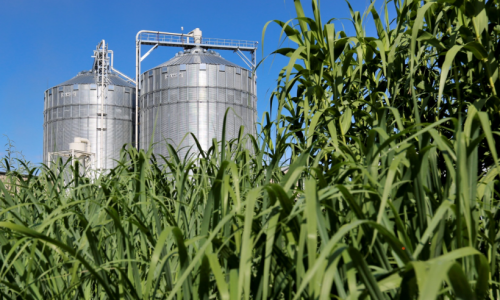Gas producer PT Surya Biru Murni Acetylene (SBMA) is massively boosting this year its business expansion, particularly in Kalimantan and Eastern Indonesia, due to strong market share.
Rini Dwiyanti, President Director of SBMA, said on Thursday that the market share of Surya Biru Murni Acetylene in Kalimantan and Eastern Indonesia is quite strong, especially on the island of Kalimantan. This is because the company is present in various segments, ranging from roadside workshops to large companies like Pertamina.
“Our focus going forward is to expand market share by increasing liquid sales, to continue growing sustainably,” she said.
Although shipbuilding industry is currently experiencing a declining trend, the company is optimistic that demand for its products will remain high, especially in East Kalimantan.
Rini explained that the company has a principle that as long as metal is still used in ship repairs, there will always be demand for oxygen and acetylene to assist in ship repairing jobs.
“The company’s revenue is not dependent on a specific sector. Therefore, we can maintain revenue stability without being too affected by changes in just one sector,” she sai.
In 2024, the capital expenditure of Surya Biru Murni Acetylene is planned for the purchase of lorry tanks, cylinders, and ISO tanks to support SBMA’s operations.
The fund allocation will be adjusted according to project needs. The source of funds comes from the company’s internal cash and the possibility of loans from banks.
Until 2050, the company is also intensifying the use of natural gas as a transitional energy towards Net Zero Emission in 2060, especially as the government continues to maximize the utilization of national oil and gas.
In the last two years, according to Rini, the global liquefied natural gas (LNG) market has seen a surge in demand and competition to secure domestic supplies in each country.
However, this is predicted to be followed by a slowdown in demand in 2024.
Gas is seen as the best and easily accessible alternative to replace coal, and the transition from coal to gas is expected to continue next year.
Thus, there are still challenges to be faced, namely, stricter emission regulations and inadequate transportation infrastructure, including in Indonesia.









